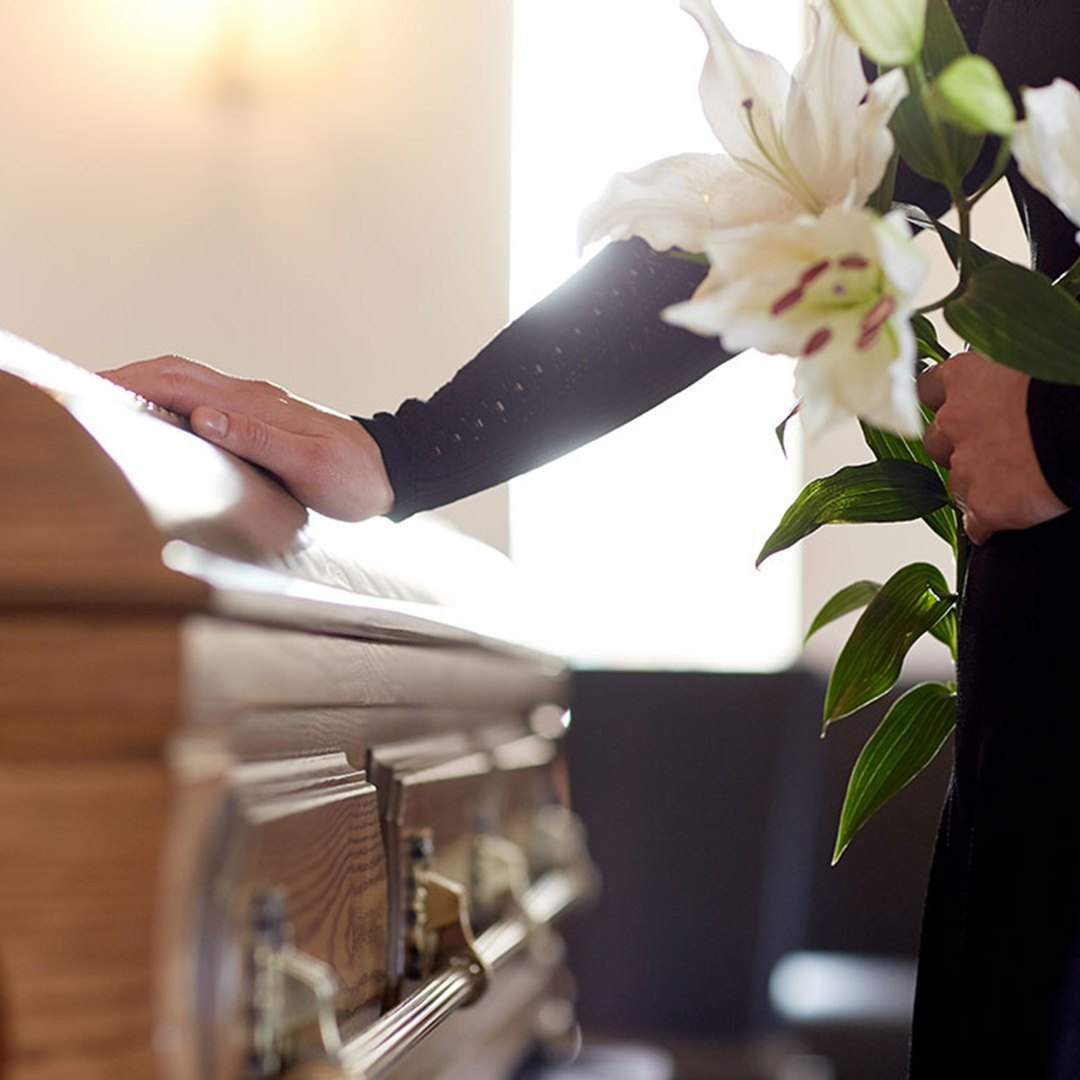What’s New in New Jersey Wrongful Death Litigation

If you’ve lost a loved one due to negligence or misconduct, recent developments in New Jersey wrongful death law could affect your ability to recover compensation. From court rulings involving out-of-state doctors to lawsuits against long-term care facilities and police departments, the legal landscape is shifting.
Attorney Bruce Nimensky, who focuses his practice on wrongful death litigation, outlines the most important updates and how they may influence your legal options.
Clarifying Out-of-State Fault in Wrongful Death Cases
In Estate of Crystal Walcott Spill v. Markovitz (March 2025), the New Jersey Supreme Court ruled that juries may not allocate fault to out-of-state physicians who are not subject to New Jersey jurisdiction. While defendants can still seek contribution after trial under the Joint Tortfeasors Contribution Law, this decision places a greater risk on in-state defendants during trial.
Takeaway:
Plaintiffs must identify and evaluate all potential defendants at the outset of litigation. Jurisdictional decisions may significantly affect how fault is distributed and how damages are recovered
Civil Claims Move Forward in Police-Involved Fatalities
Even when criminal charges are not filed against law enforcement officers, families may still pursue civil wrongful death lawsuits. Civil litigation has a lower burden of proof than criminal cases, and courts continue to recognize the right of families to seek justice when a loved one dies in police custody or during an encounter with law enforcement.
Takeaway: A grand jury’s decision not to indict does not prevent families from pursuing civil damages. These cases can move forward independently and often uncover policy failures or negligent conduct that criminal proceedings may not address.
COVID-19 Wrongful Death Lawsuits Against Long-Term Care Facilities
Two recent appellate cases illustrate the courts’ approach to pandemic-related lawsuits against nursing homes.
In Ramirez v. CareOne at Teaneck, the court reinstated claims alleging gross negligence, ruling that facilities cannot invoke blanket immunity under the COVID-19 Immunity Statute without specific factual support. In contrast, Campbell v. Woodcliff Health & Rehab was dismissed after the plaintiffs failed to meet the high threshold for gross negligence.
Takeaway: COVID-related immunity defenses are not automatic. Families must provide well-documented allegations of recklessness or willful misconduct to move their cases forward.
Why Jurisdiction, Venue, and Legal Expertise Matter
Choosing the right venue and understanding which parties can be held liable are key to securing a favorable outcome in a wrongful death case. Government-related cases are not barred simply because criminal charges were declined. And while immunity laws exist, they do not shield healthcare providers from accountability where evidence of misconduct is strong.
Why Work With Bruce Nimensky
With decades of experience in wrongful death litigation, Bruce Nimensky brings deep knowledge of medical, legal, and regulatory issues. His network of experts and detail-oriented approach ensures that families receive strong, evidence-based representation. If you believe negligence played a role in your loved one’s death, contact Bruce Nimensky today for a free, confidential consultation.


